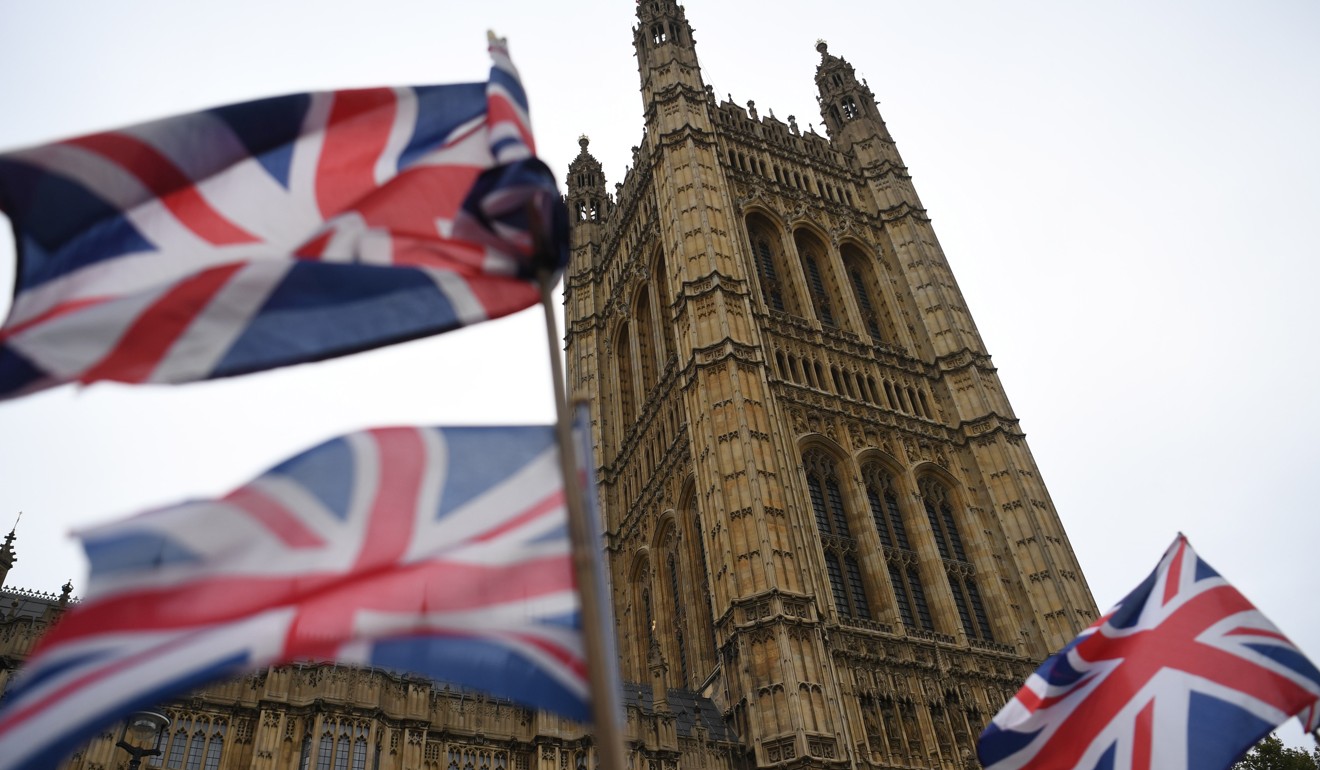
UK parliamentary report expresses concern over British judges’ continuing presence in Hong Kong’s top court
- Such participation could lead the UK government to be seen as supporting system that ‘is undermining the rule of law’, it says
- Report also urges London to grant full citizenship to Hongkongers with BNO passports
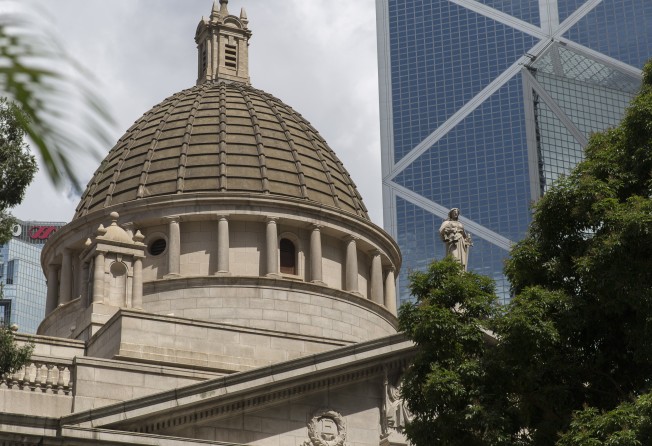
A British parliamentary report has expressed concern that the continuing participation of British judges in Hong Kong’s top court could lead Britain to “inadvertently appear complicit in supporting and participating in a system that is undermining the rule of law”.
It recommended that the British government coordinate with other Commonwealth jurisdictions for a response.
In its latest report, the House of Commons’ foreign affairs committee also said it was worried about the rule of law being undermined by the “dangerous erosion” of the “one country, two systems” principle by Beijing and thus, Hong Kong’s autonomy.
It urged the UK government to grant full citizenship to the tens of thousands of Hong Kong residents who hold a British National (Overseas) passport – a document issued to those born in the city during the colonial era.

The report, titled “A cautious embrace: defending democracy in an age of autocracies”, was published on Monday, a day before parliament was dissolved for Britain’s snap general election on December 12.
The committee said it was concerned about Hong Kong’s autonomy, especially the rule of law, amid the ongoing social unrest, sparked by the city’s now-withdrawn extradition bill.
The committee defined “autocratic states as those in which governments gain or hold power by means other than democratic elections that meet international standards”. But the report mainly concentrated on Russia and China.
Four of the report’s 45 paragraphs were devoted to Hong Kong issues.
It reiterated London’s stance that the Sino-British Joint Declaration is a legally binding international treaty, of which the “validity and implementation are of profound importance both to UK national interests and to the health of the rules-based international system”.
The committee said: “We are therefore deeply concerned by the events in Hong Kong over the last six months, which have showed that Hong Kong’s autonomy is at risk, especially in the area of the rule of law, which underpins its economy.
“As one of the judiciaries represented in the Hong Kong [Court of Final Appeal], we believe that there could be a reputational risk to the UK if the government inadvertently appears complicit in supporting and participating in a system that is undermining the rule of law.
“We recommend that the government coordinates its response to the Hong Kong crisis with the governments of Australia, Canada and New Zealand as judiciaries represented in the Hong Kong [court].”
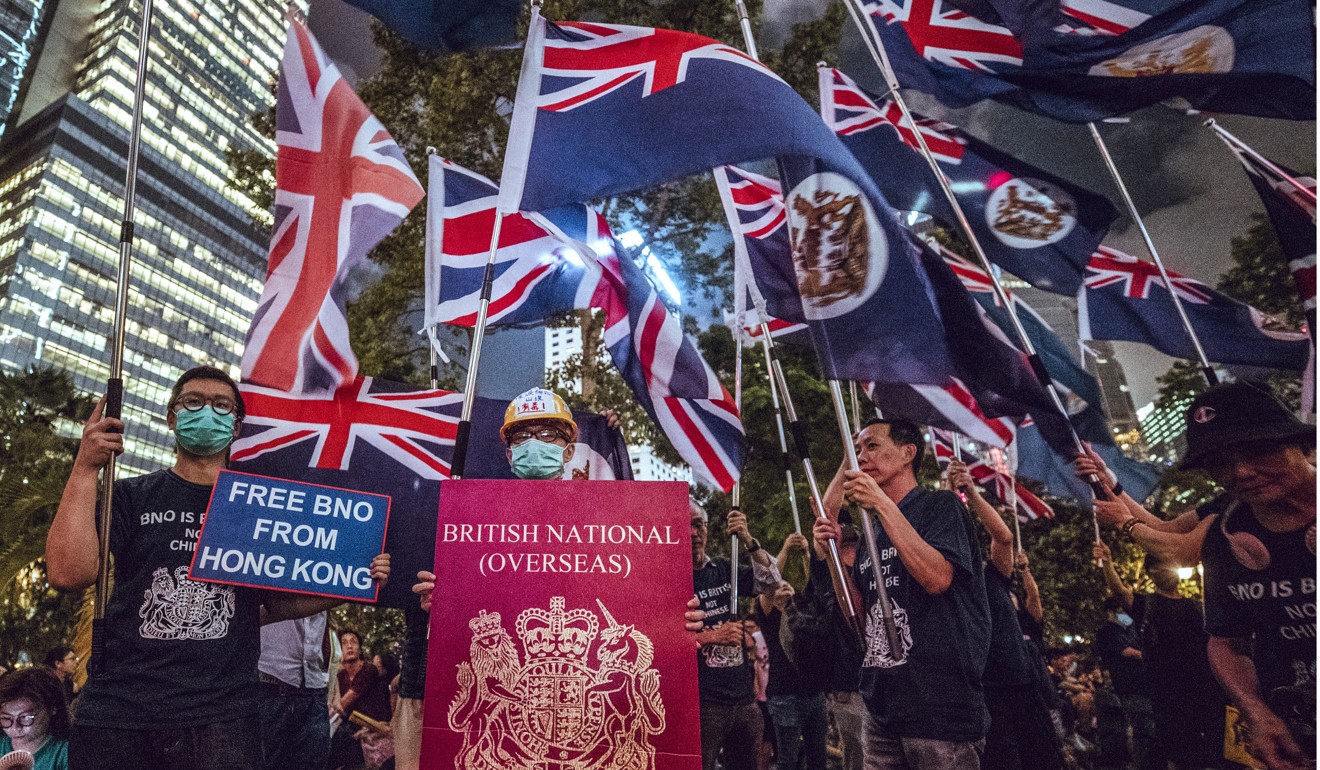
The Court of Final Appeal replaced the Judicial Committee of the Privy Council – the final appellate court for Britain’s overseas territories and certain Commonwealth countries – in London after the handover in 1997.
The top court is headed by the chief justice. There are three permanent judges, four non-permanent Hong Kong judges and 14 overseas non-permanent ones. Of the 14 overseas judges, nine are from Britain, four from Australia and one from Canada.
In response to the Post’s inquiries, the judiciary said the Basic Law, the city’s mini-constitution, states that the National People’s Congress authorises Hong Kong to enjoy “independent judicial power, including that of final adjudication”.
It added: “It is important to emphasise that [overseas non-permanent judges] when sitting in the CFA are functioning as Hong Kong judges and are dealing with cases according to Hong Kong law.”
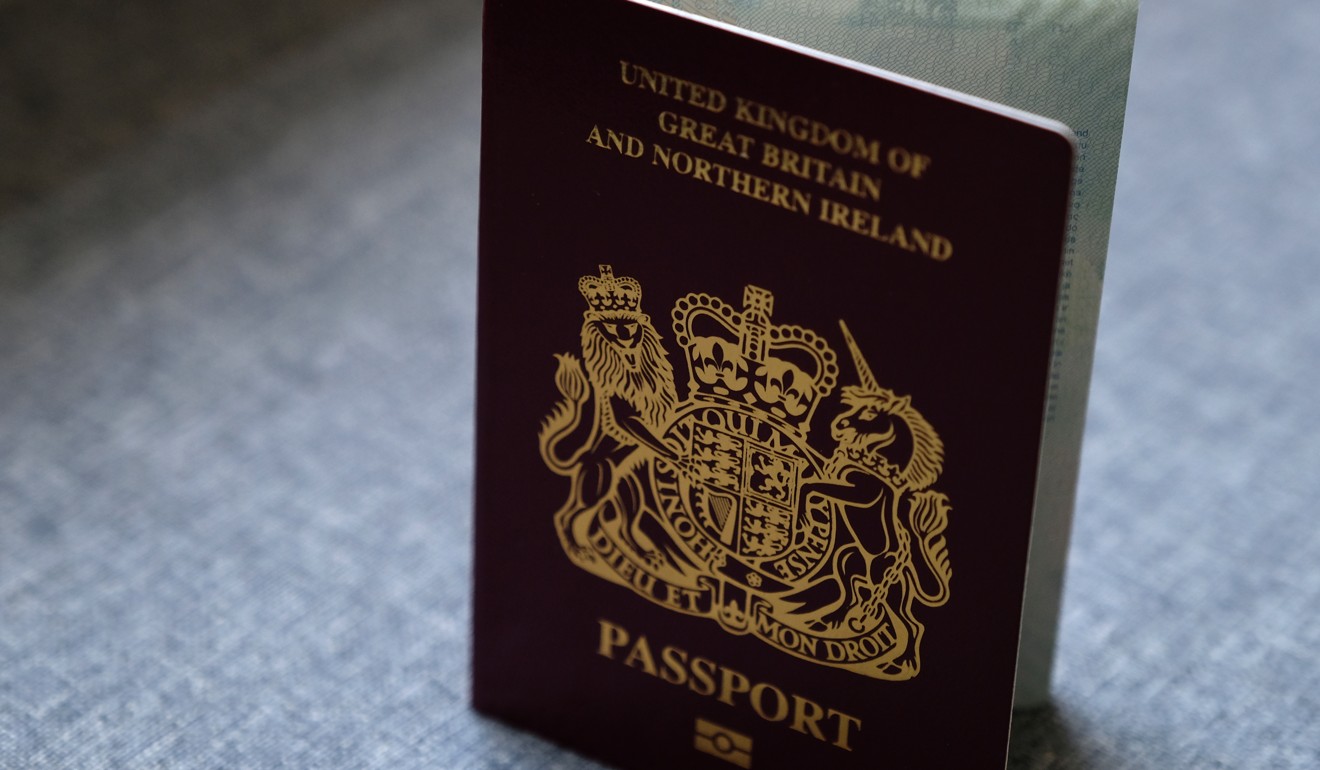
The Hong Kong government, meanwhile, said it “vehemently rejects” the report’s allegation.
“Judicial independence is constitutionally protected, as are the fundamental rights and freedoms of Hong Kong residents, including the freedom of speech and the right of peaceful assembly, which are routinely exercised by them,” it said.
“[Hong Kong] treasures judicial independence and the rule of law. We are confident that our system of inviting judges from other common law jurisdictions to sit on the [CFA] will continue to work well.”
The report also said that in the wake of the “well-documented arrests of pro-democracy demonstrators, booksellers and political activists, we are concerned that BNO passport holders, by reason of not having the right of abode in the UK, may become more vulnerable to arrests by authorities”.
The committee concluded: “We further recommend that the government extends the right of abode to Hong Kong residents who are [BNO] passport holders as a means of reassurance that the UK cares about its nationals.”
About 248,000 people hold a valid BNO passport, but 2.73 million are eligible for it. Those who hold the document are not entitled to the right of abode in Britain. Recently, some activists in Hong Kong have demanded that they be given full British passports in place of their “second-class” BNO ones.
Alan Leong Kah-kit, chairman of the opposition Civic Party, who recently returned from a trip to London, said he had raised similar issues during meetings with British lawmakers and officials.
“{London] should give Hong Kong people some assurance that in the event the Chinese Communist Party is not honouring [the Joint Declaration and Basic Law], Britain should be providing some safeguards for Hong Kong people,” he said.
Leong said those born after 1997 and who were involved in pro-democracy movements should also benefit from the safeguards.
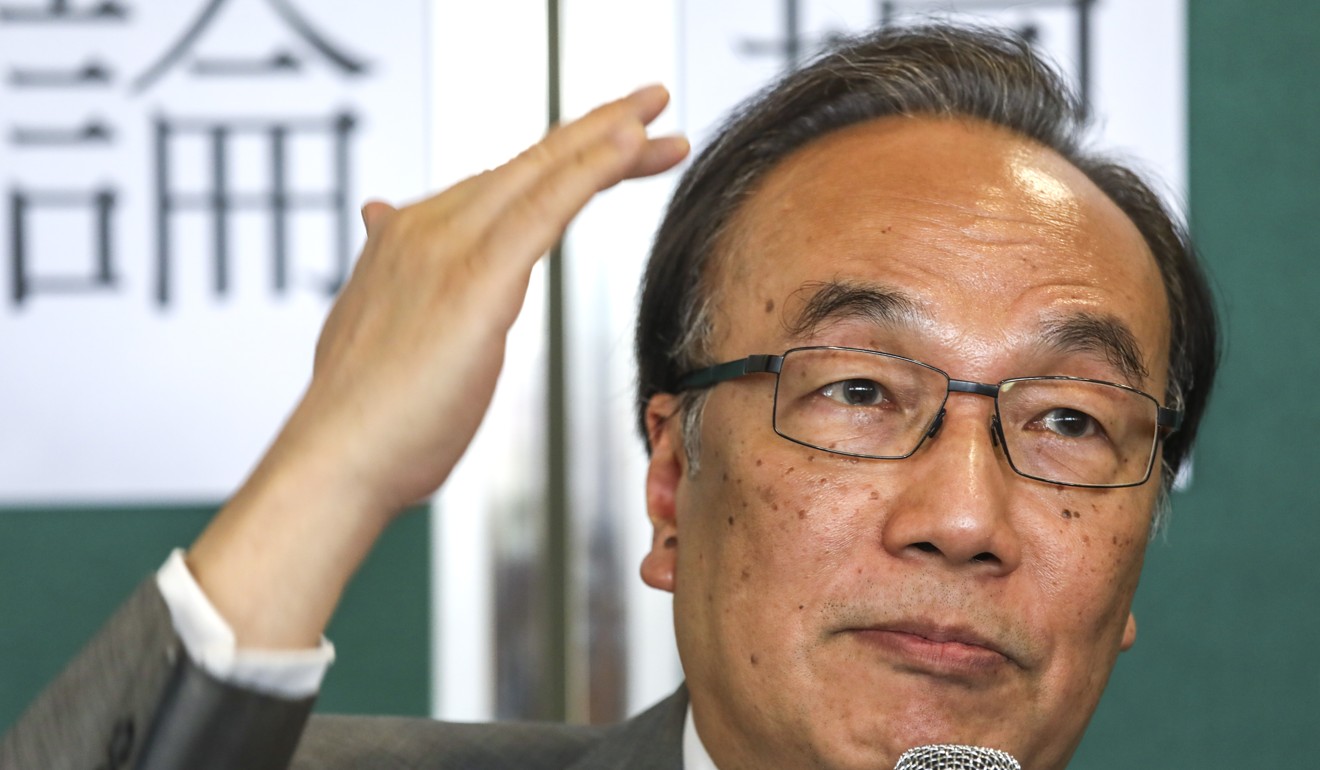
But he urged the British government not to stop sending judges to serve in Hong Kong.
“We are fighting a difficult battle to protect our rule of law,” he said, recalling what he had told British lawmakers. “We have not lost the battle yet. So, please do not ask your judges not to come. That would sign the death certificate of one country, two systems and particularly the rule of law in Hong Kong.”
A British foreign office spokesman said: “The UK is fully committed to upholding Hong Kong’s high degree of autonomy and rights and freedoms under the ‘one country, two systems’ framework, which is guaranteed by the legally binding Joint Declaration of 1984 and enshrined in the Hong Kong Basic Law.”
In response to the report, Executive Council member Ronny Tong Ka-wah, a barrister, said: “It is the UK’s prerogative to grant or refuse citizenship to anyone they consider deserving and I fully respect that prerogative.
“As to foreign judges sitting in Hong Kong, that is an iconic element of our judicial independence under one country, two systems guaranteed by both the Basic Law and the Joint Declaration.
“If Britain wants to back out of that, of course they are free to do so … but it is ironic that while Britain is accustomed to accusing China of reneging from or acting contrary to the Joint Declaration, it is the UK who seeks first to undo the Joint Declaration in instigating the breakdown of one country, two systems. Such hypocrisy will be quite revealing to the world at large and I doubt if that’s what they really want to do.”
In a six-monthly report released by the British government in October, the foreign secretary called the willingness of overseas judges to participate in Hong Kong’s justice system “a good indicator of the robustness of the system and the high regard in which it is held”.
It was announced in May that Lord Jonathan Sumption, a former justice of Britain’s Supreme Court, would be appointed a non-permanent judge of the city’s top court. The sitting president of the Supreme Court, Baroness Brenda Hale, was appointed a non-permanent judge last year.